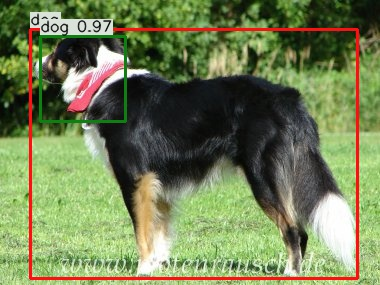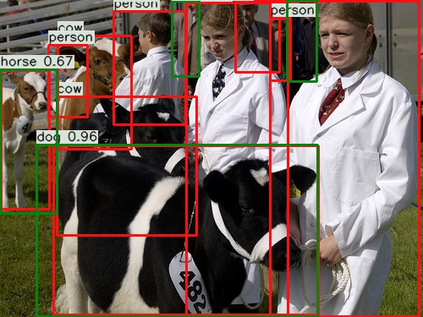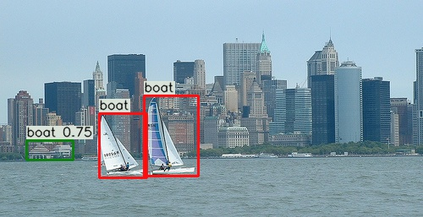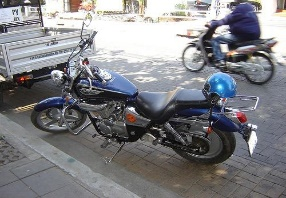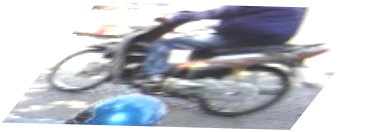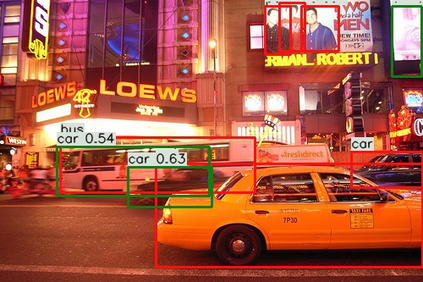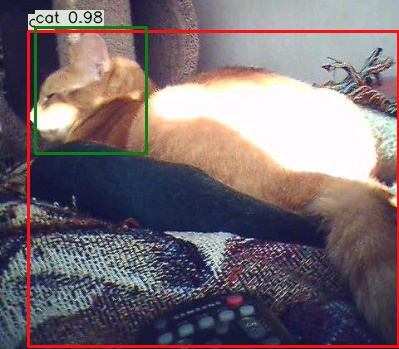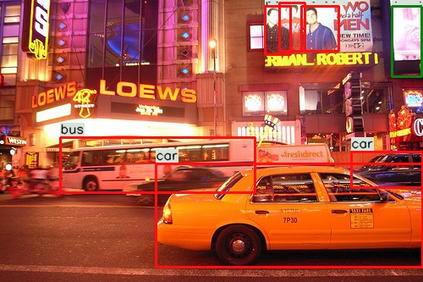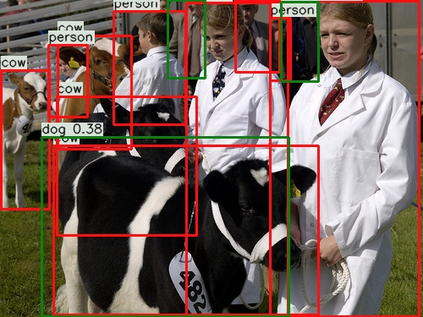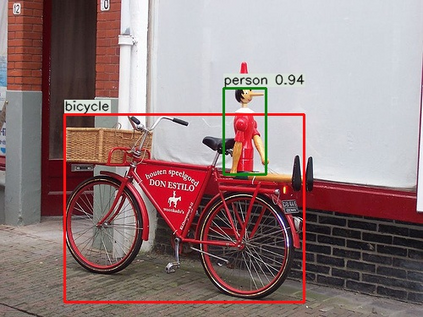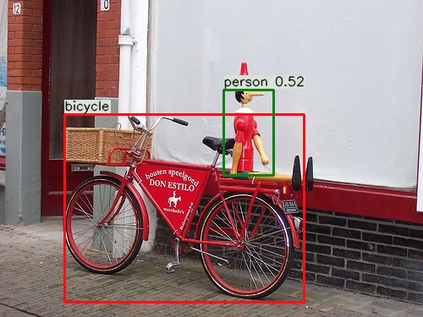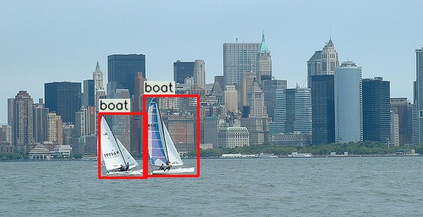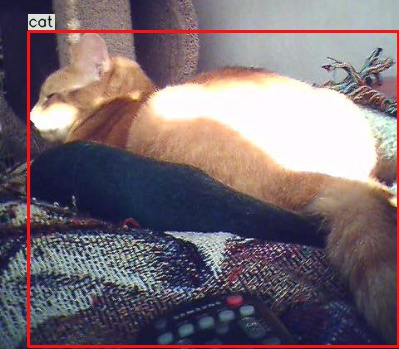In this paper, we analyze failure cases of state-of-the-art detectors and observe that most hard false positives result from classification instead of localization and they have a large negative impact on the performance of object detectors. We conjecture there are three factors: (1) Shared feature representation is not optimal due to the mismatched goals of feature learning for classification and localization; (2) multi-task learning helps, yet optimization of the multi-task loss may result in sub-optimal for individual tasks; (3) large receptive field for different scales leads to redundant context information for small objects. We demonstrate the potential of detector classification power by a simple, effective, and widely-applicable Decoupled Classification Refinement (DCR) network. In particular, DCR places a separate classification network in parallel with the localization network (base detector). With ROI Pooling placed on the early stage of the classification network, we enforce an adaptive receptive field in DCR. During training, DCR samples hard false positives from the base detector and trains a strong classifier to refine classification results. During testing, DCR refines all boxes from the base detector. Experiments show competitive results on PASCAL VOC and COCO without any bells and whistles. Our codes are available at: https://github.com/bowenc0221/Decoupled-Classification-Refinement.
翻译:在本文中,我们分析最先进的探测器的失败案例,并观察到大多数硬假假阳因分类而不是本地化而产生,对物体探测器的性能产生很大的负面影响。我们推测有三个因素:(1) 由于为分类和本地化而进行特征学习的目标不匹配,共有特征代表不是最佳的;(2) 多任务学习有所帮助,然而,对多任务损失的优化可能导致个人任务的次优化;(3) 不同尺度的大可接受字段导致小型物体的冗余背景信息。我们通过一个简单、有效、广泛应用的脱couped分类精化(DCR)网络展示了探测器分类能力的潜力。特别是,DCR在本地化网络(基地探测器)的同时设置了一个单独的分类网络(基准探测器)不是最佳的;(2) 多任务学习,但多任务损失的优化可能导致个人任务的次优于最佳程度;(3) 不同尺度的大型可接受字段导致小型物体的冗余背景信息。我们通过一个简单、有效和可广泛应用的解析分类能力网络展示了探测器的分级能力。我们进行测试时,DCRCR精细化了所有基础检测的Dec-Decrudistring-Decing-Decublement-Cration-Crus 和ABrbors ARCrentors 。



